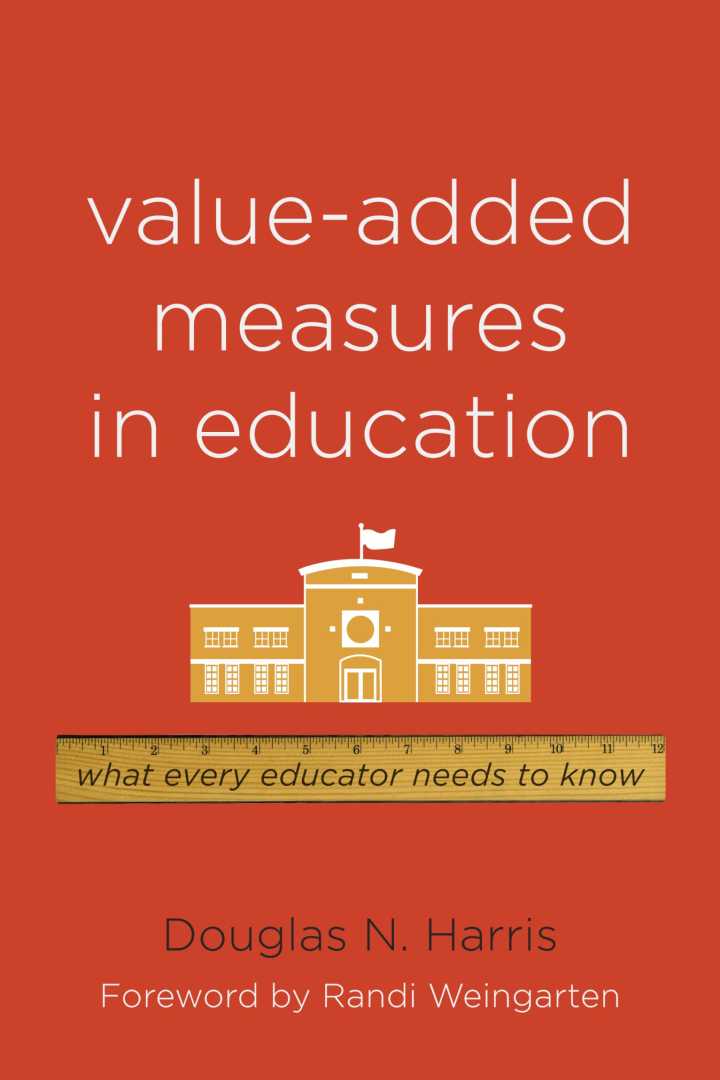Education
Randi Weingarten’s Book Sparks Debate on Education and Democracy

NEW YORK, NY — Randi Weingarten, president of the American Federation of Teachers, recently released her new book, “Why Fascists Fear Teachers: Public Education and the Future of Democracy,” stirring discussions on public education and democracy.
The book, which aims to underscore the role of public schools in strengthening democracy, has garnered criticism for focusing more on defending union interests than on concrete educational policies. Critics argue that Weingarten mainly uses the book to attack her political opponents, particularly those advocating for school choice.
Weingarten claims that 90% of American children attend public schools, asserting that the school-choice movement threatens these institutions. However, recent data from the 2021 Census suggests this figure is outdated, with 81.9% of students currently in public education and an increasing number gaining access to school choice.
She characterizes the school-choice advocates as part of a conspiracy led by right-wing organizations, calling it a “plot to destroy public education.” However, many supporters of school choice, including parents from diverse backgrounds, argue they seek options for their children’s education.
Weingarten’s views also extend to criticism of vouchers, claiming they are used to undermine desegregation efforts, a stance many believe misrepresents the history of such initiatives. Despite acknowledging the role of teachers in discussing issues like appropriateness of books in school libraries, she labels religious schools as primarily vehicles for indoctrination.
The book further addresses Weingarten’s actions during the COVID-19 pandemic, where she led initiatives for school reopenings. Critics argue that she may have delayed reopening until federal funding was secured, marking a contentious point of her leadership during the crisis.
As Weingarten continues her promotional tour, critics contend the book serves more to reshape her image than to propose meaningful solutions for the issues facing public education. The debate surrounding her claims reflects broader tensions in discussions about education policy and democracy in America.
Weingarten’s financing for public education reforms and her critiques of the Trump administration and its policies are central themes as she outlines her vision for the future of public schools. The controversy surrounding her position showcases the polarized landscape of American education and the ongoing discussions about the role of unions.












